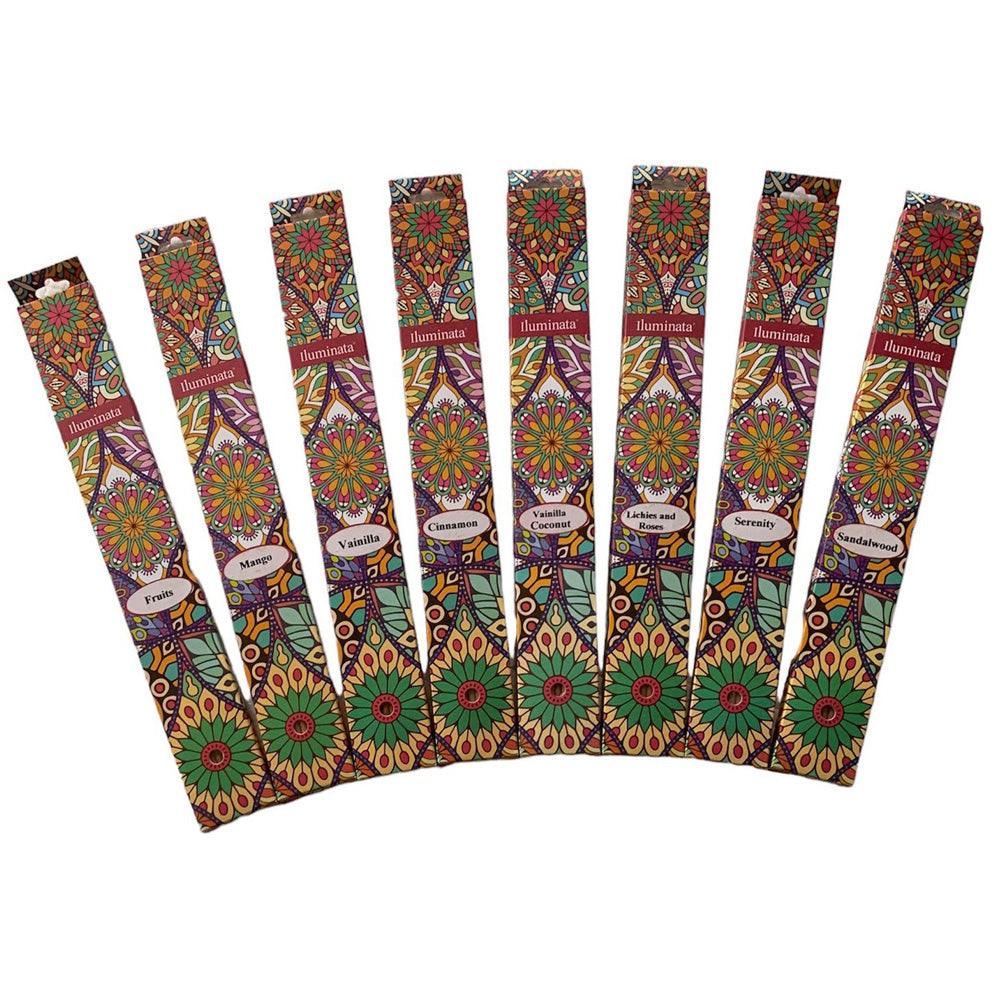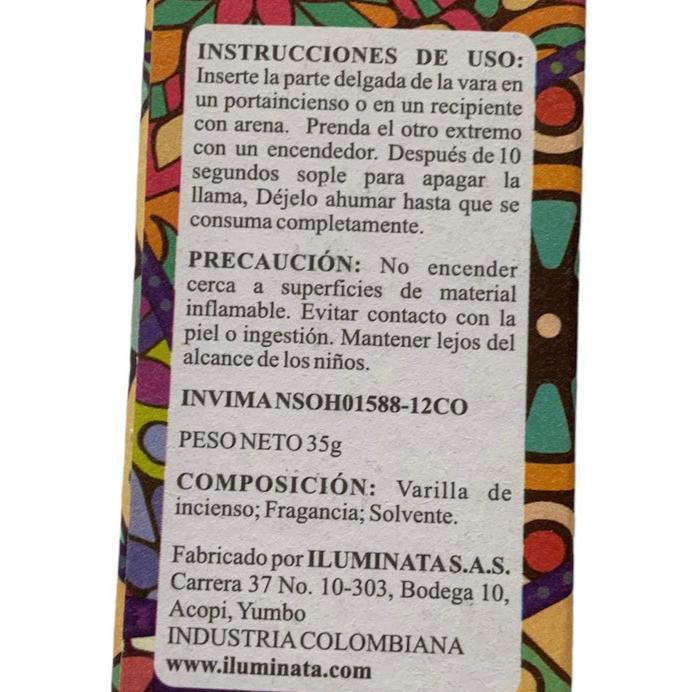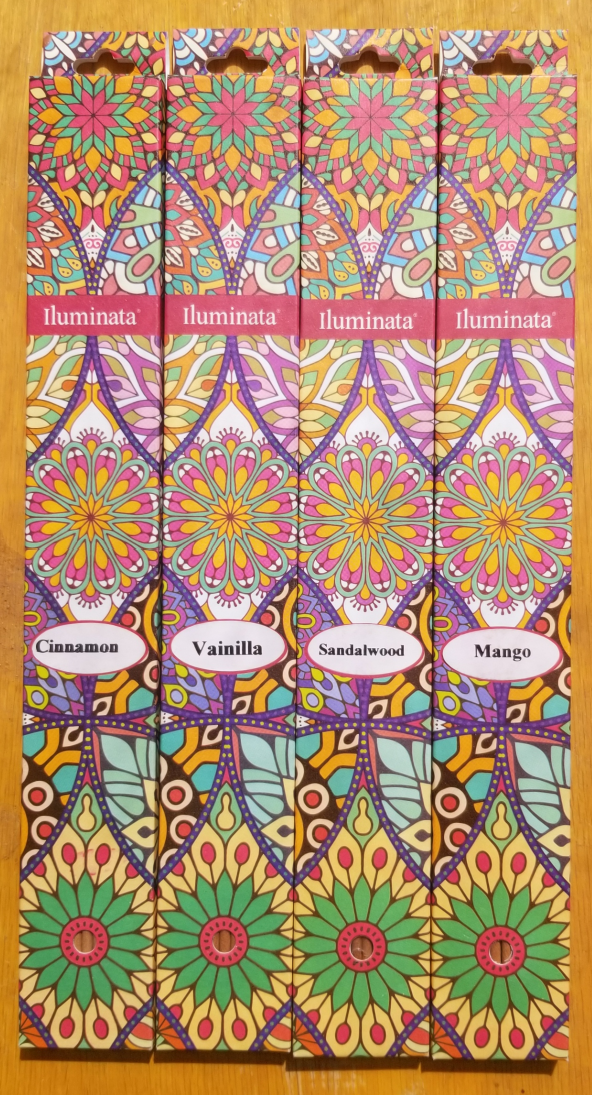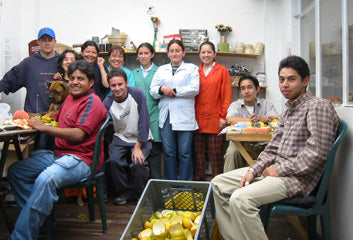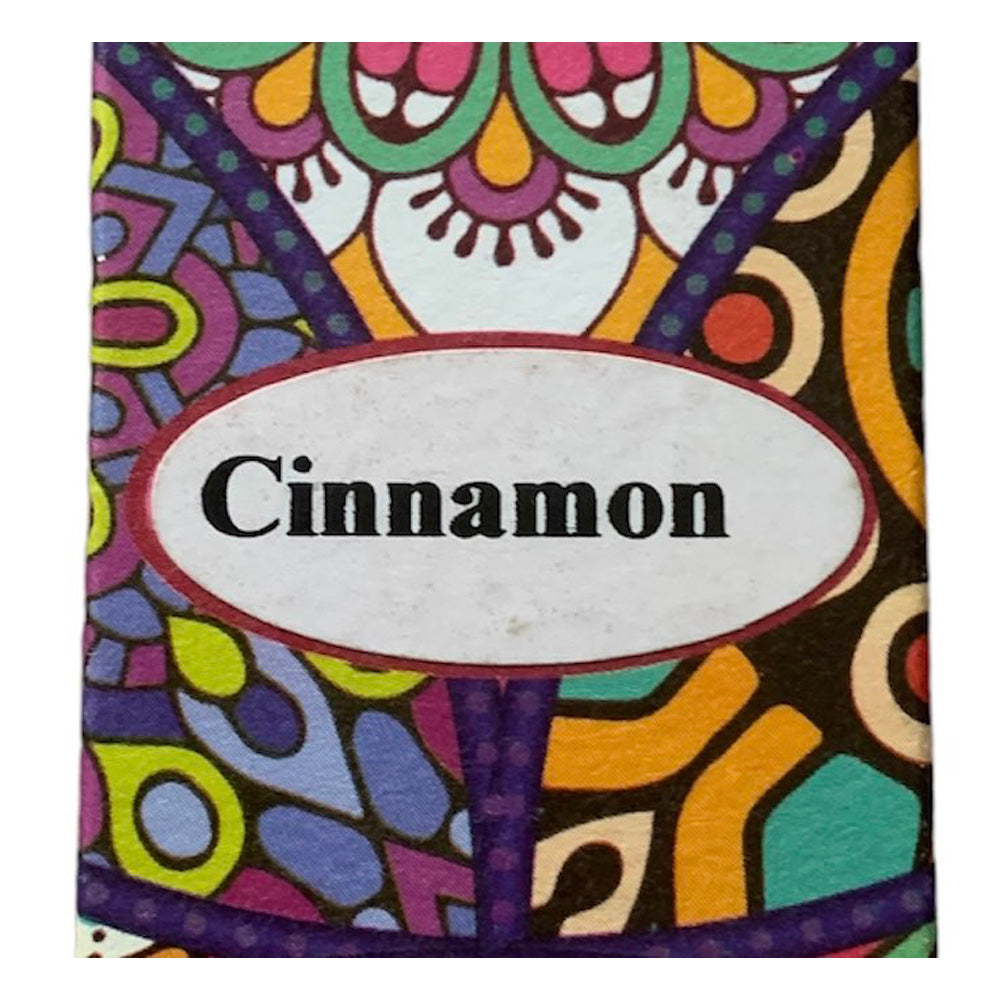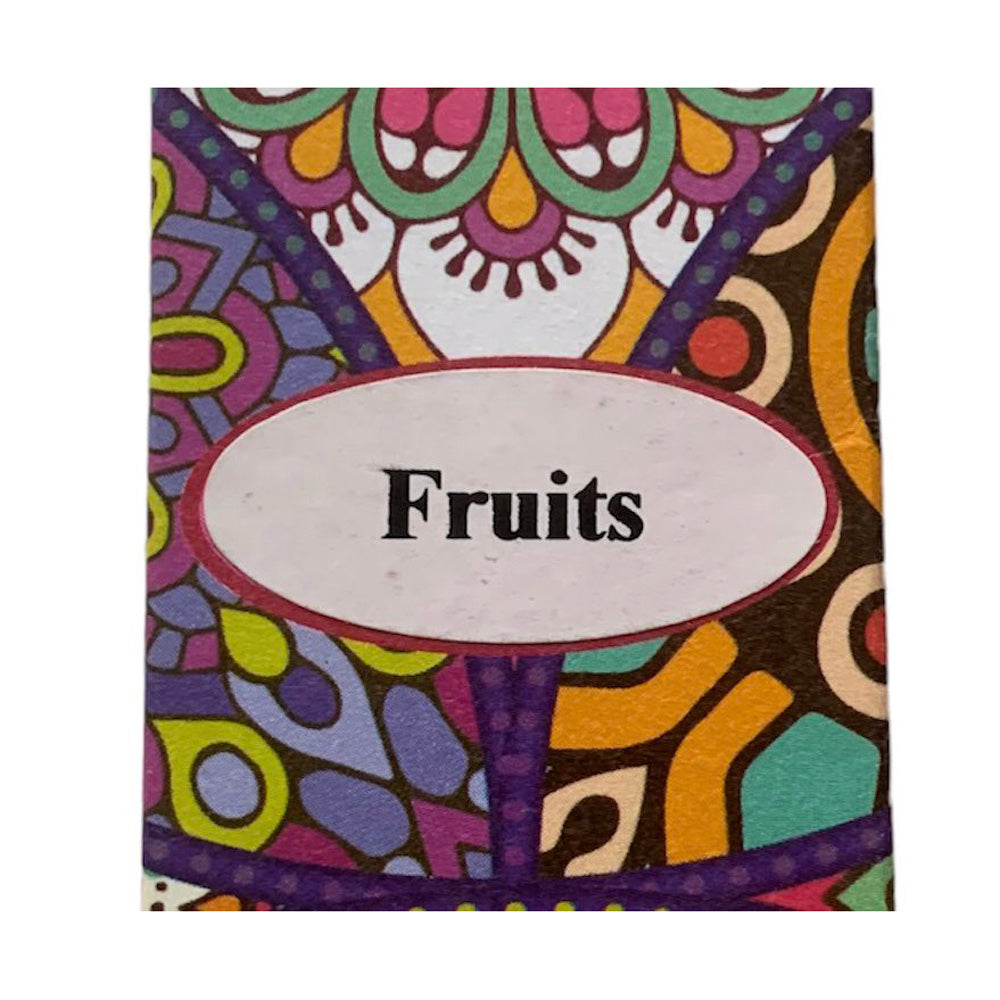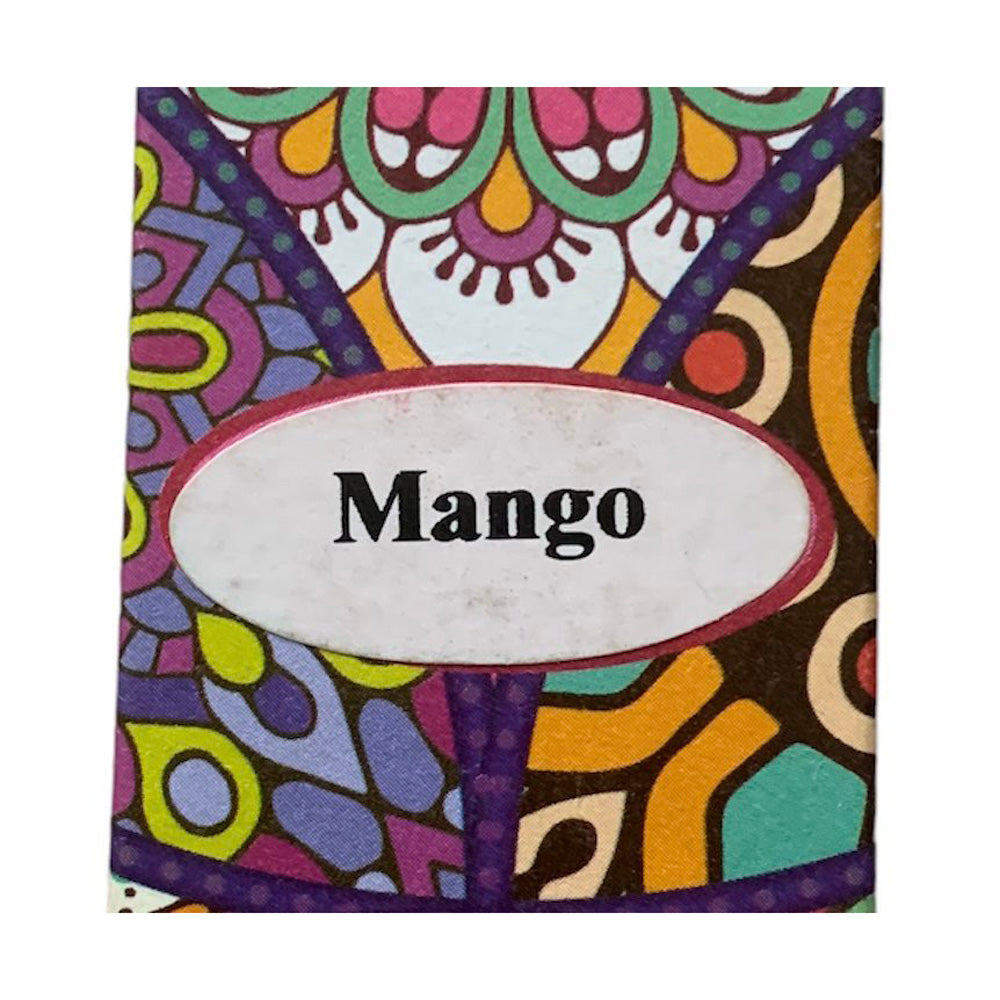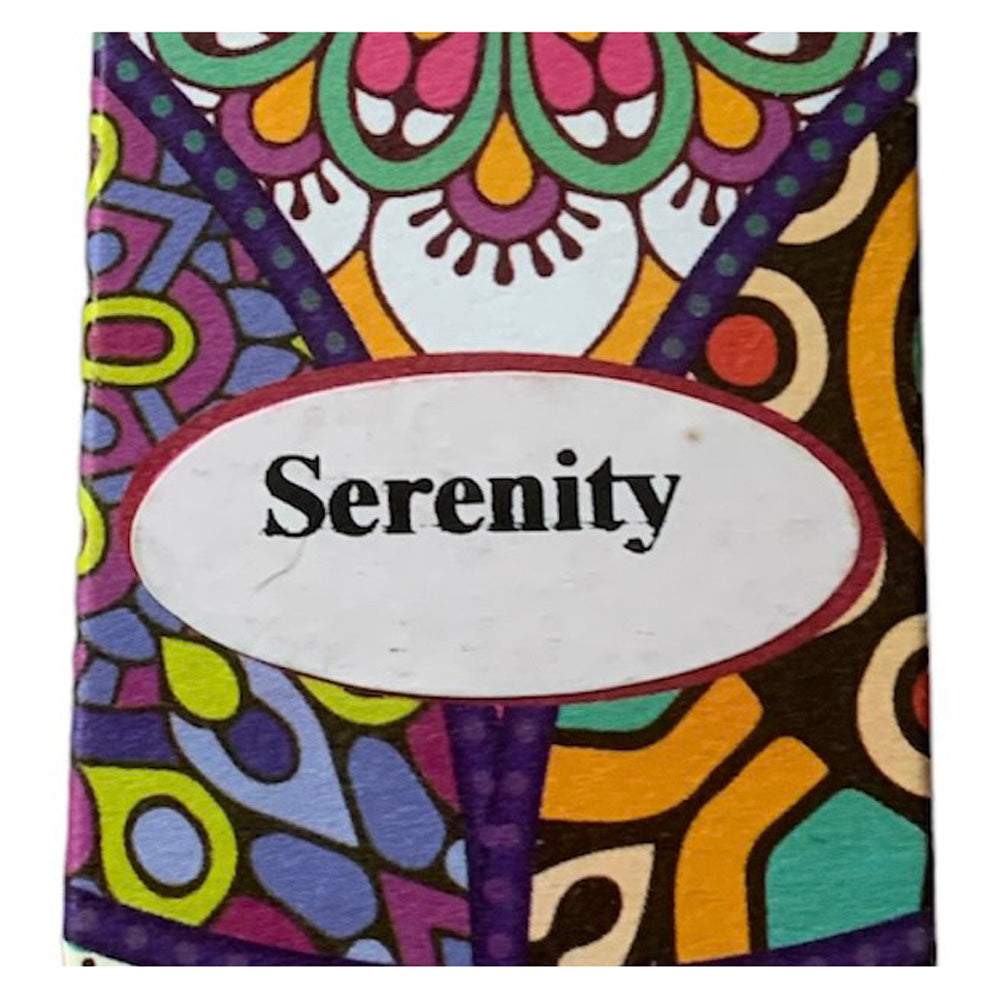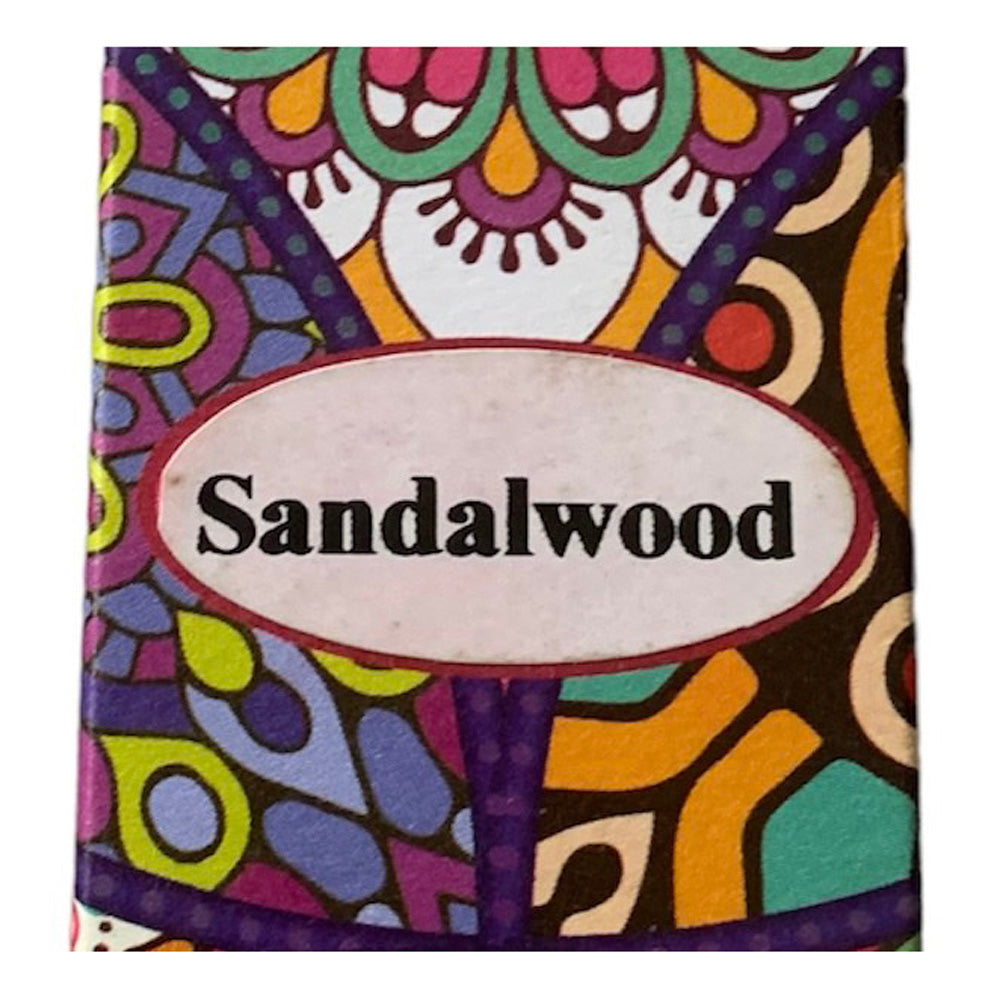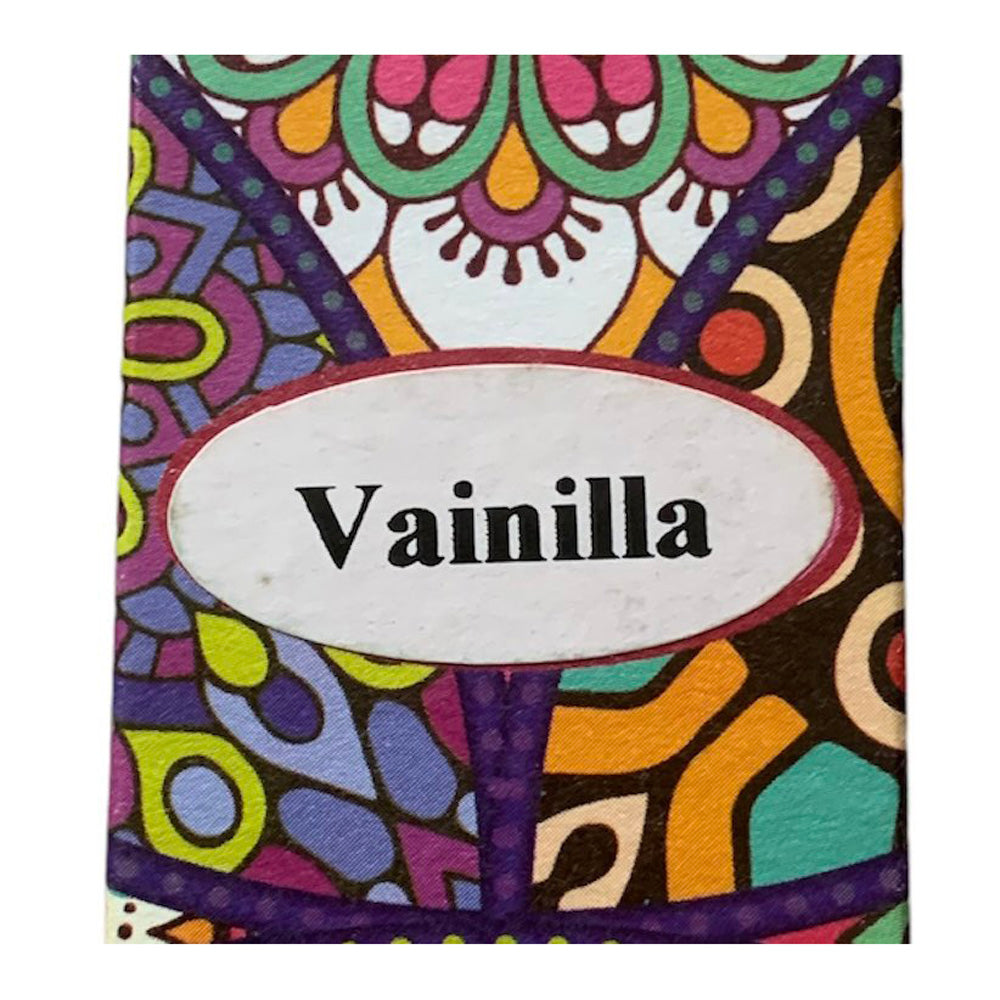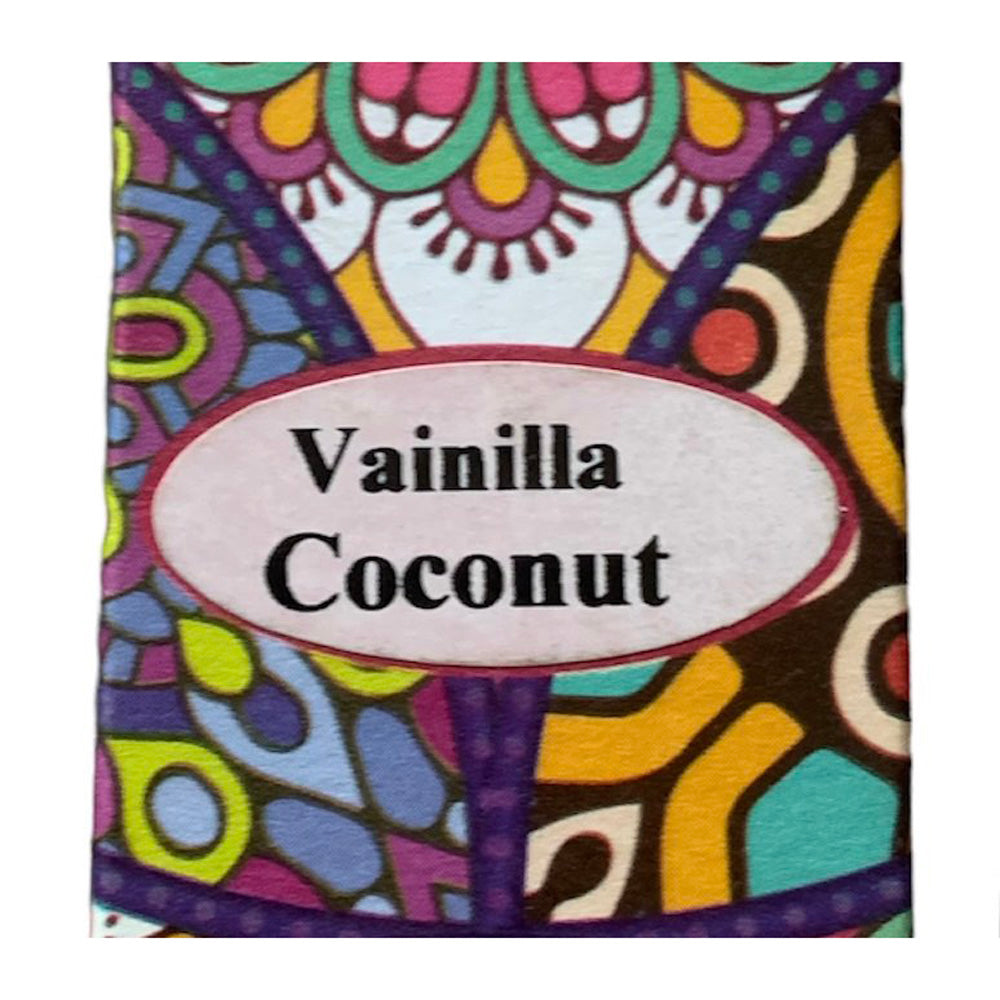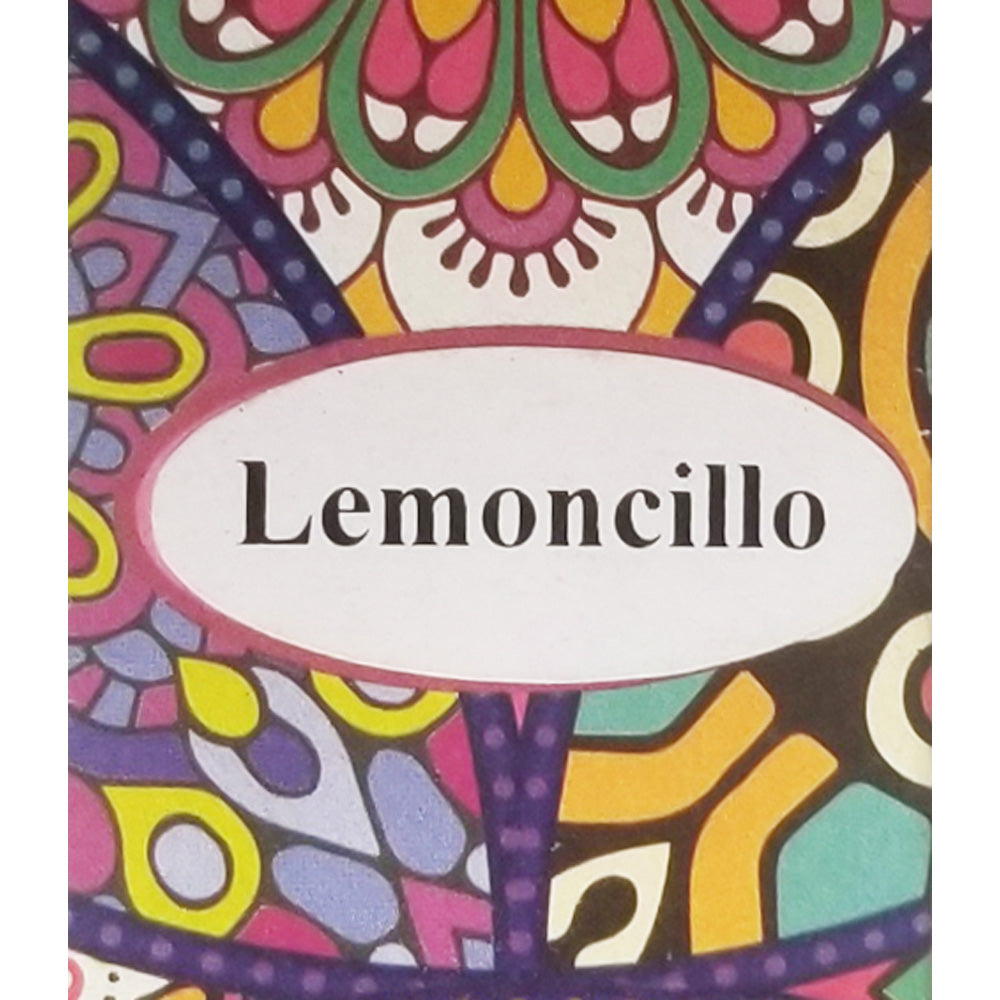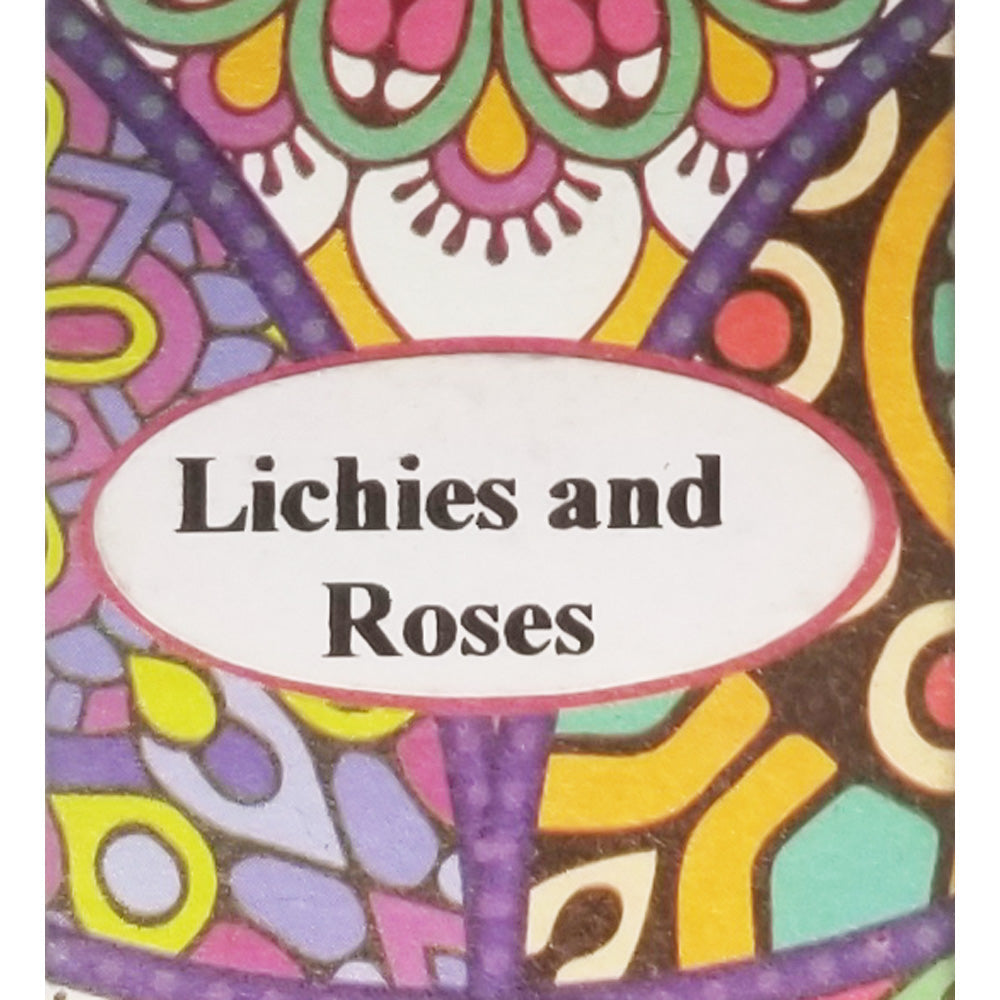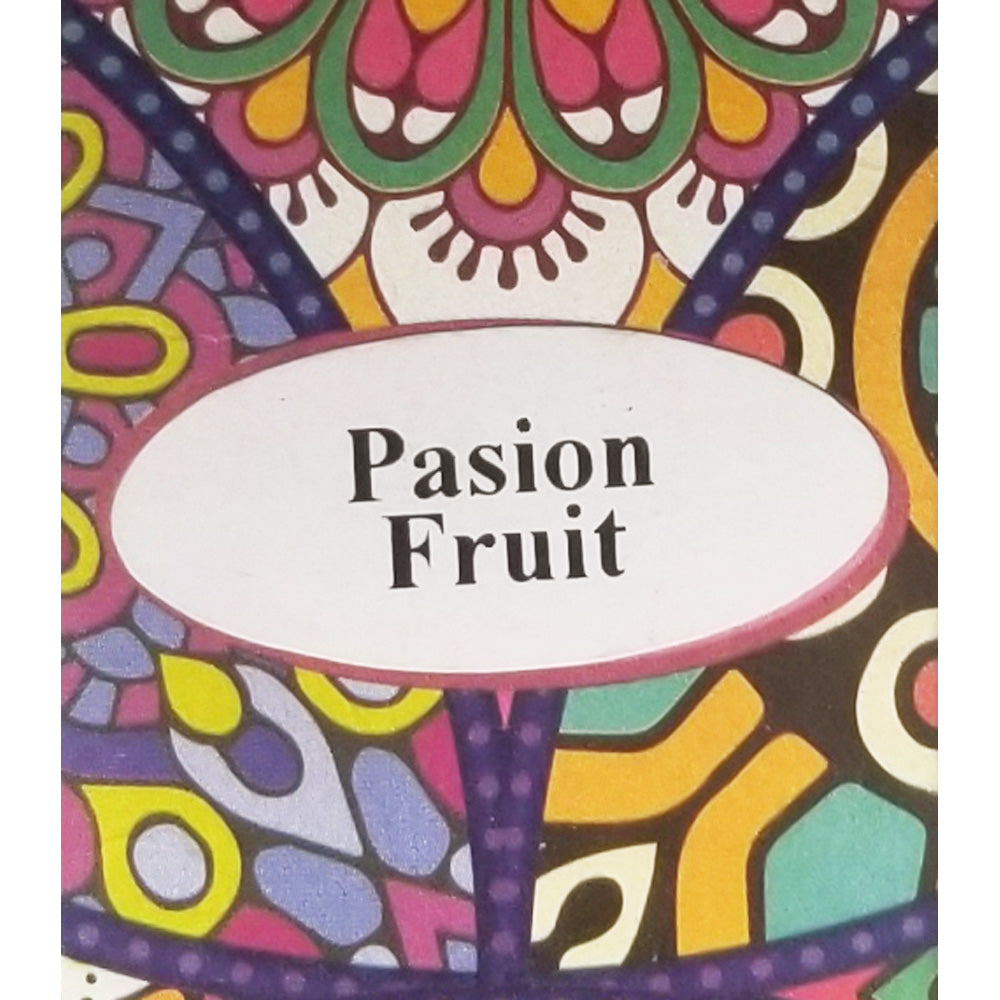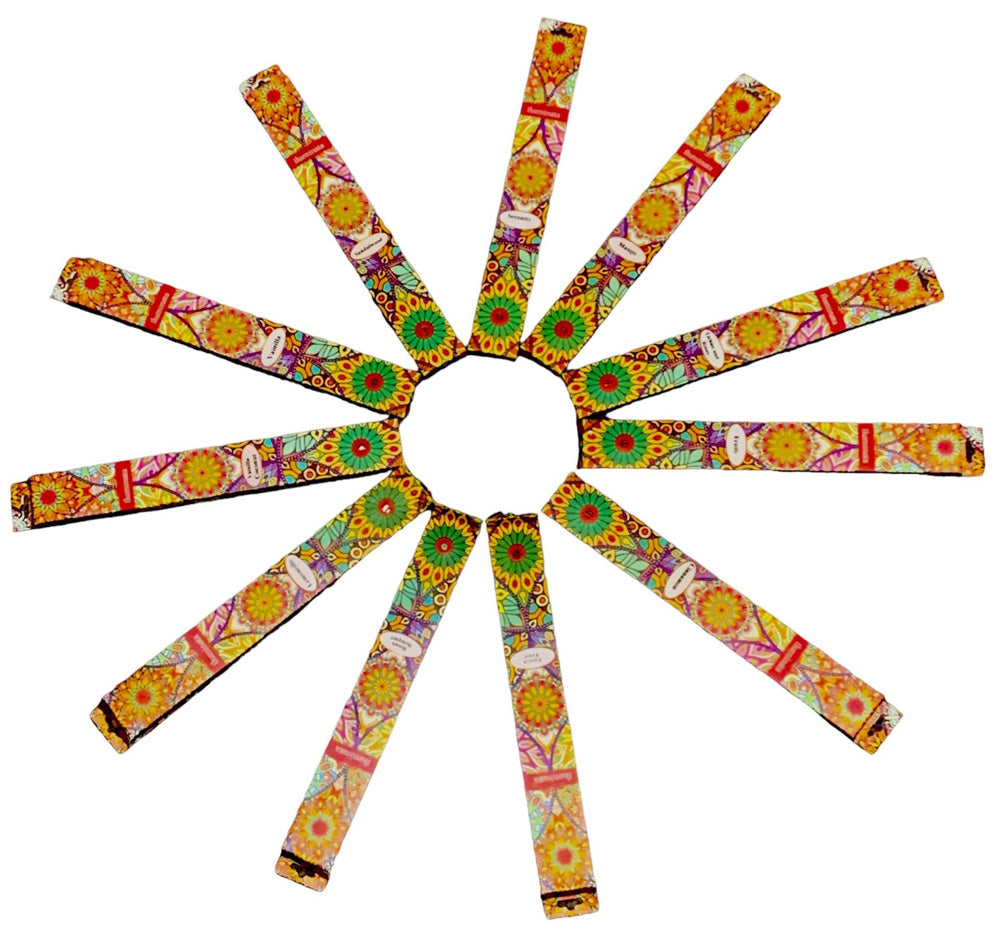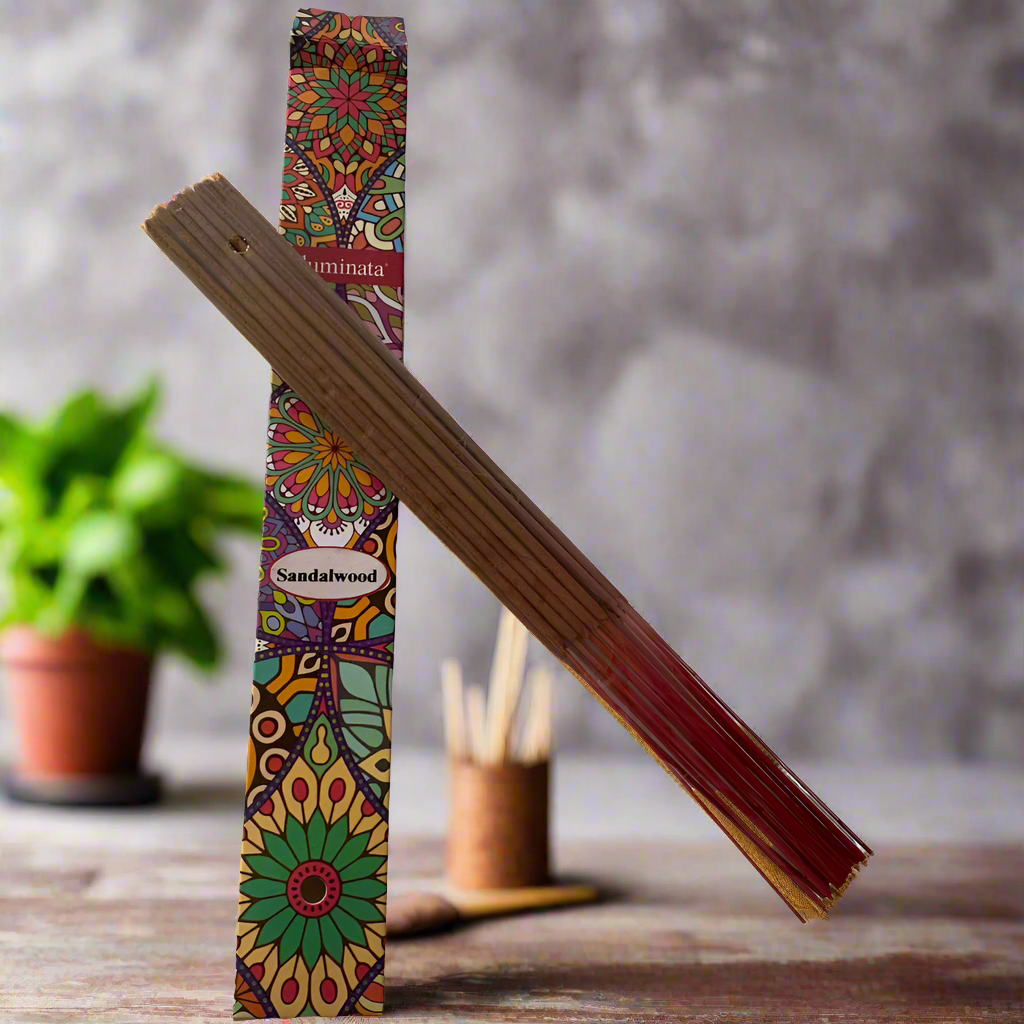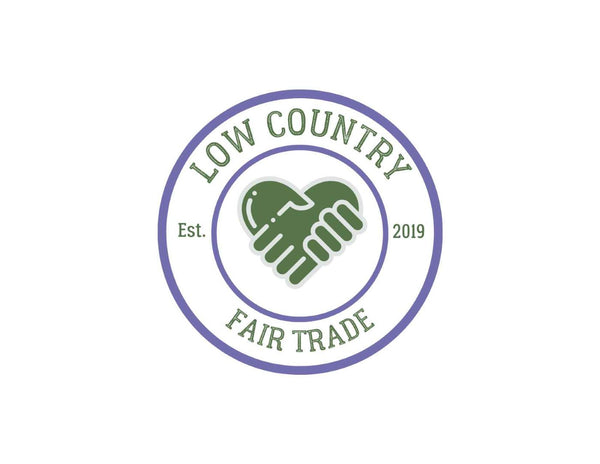OWP
Incienso hecho a mano Iluminata - 25 varillas por caja - 8 opciones de aroma
Incienso hecho a mano Iluminata - 25 varillas por caja - 8 opciones de aroma
No se pudo cargar la disponibilidad de retiro
¡Despierta tu viaje espiritual con el Incienso Iluminata! Elaboradas a mano con amor e inspiradas en la tradición artesanal, estas varitas de incienso aptas para veganos brindan una atmósfera hermosa y acogedora con sus efectos purificadores y santificantes naturales. ¡Invita la iluminación a tu hogar hoy!
Cada caja de incienso contiene 25 varitas y está disponible en los siguientes 8 aromas.
|
Serenidad |
Una mezcla exótica de melón maduro y un toque de naranja, complementada con notas de lirio de los valles. |
|
frutas |
El aroma embriagador de moras frescas salpicado de notas cítricas y dulce leche de coco. |
|
coco vainilla |
Una exuberante fragancia de cocos tropicales con toques de plátano, cerezas, melocotones y ligeros toques de coñac, vainilla dulce y caramelo. |
|
mango |
Una dulce mezcla tropical de mangos maduros con un toque cítrico de fondo. |
|
Sándalo |
El aroma amaderado del sándalo mezclado con el cedro, con sutiles toques de rosa y jazmín. |
|
Canela |
El aroma clásico de las ramas de canela dulces y especiadas se completa con cálidas notas de clavo y madera de fondo. |
|
Lichis y rosas |
Los chinos consideran que la fruta lichi es un símbolo de romance y amor. Su aroma agridulce combina a la perfección con el de los pétalos de rosa. |
|
Vainilla |
La pura fragancia de vainilla tropical calma el espíritu y reduce el estrés y la ansiedad. |
|
Luna llena |
Pétalos de rosa y toques de aire fresco. |
Share
About the Artisans
About the Artisans
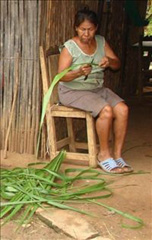 Joyeria Semilla meaning Seed Jewelry is a small fair-trade workshop in the Andean town of Villa de Leyva, Colombia. Girasol Taborda, a local artisan and social entrepreneur, started the workshop in the mid-1990s.
Joyeria Semilla meaning Seed Jewelry is a small fair-trade workshop in the Andean town of Villa de Leyva, Colombia. Girasol Taborda, a local artisan and social entrepreneur, started the workshop in the mid-1990s.
Joyeria Semilla’s objective is three-folds; to create new jobs, revive Colombia's handicrafts sector and to motivate locals to better manage their natural resources. The organization works primarily with socially and economically disadvantaged youths, single mothers and people with disabilities in the area. The company offers free training in product design, technical training and marketing to new members. Joyeria Semilla has trained them in the craft of jewelry-making.
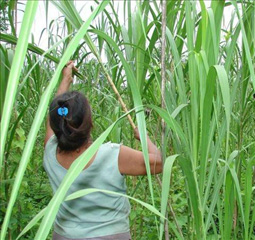
Caña Flecha or “Gynerium Sagittatum” is a locally found palm tree in the regions of the Caribbean coast. The leaves from this plant are used for making jewelry, woven hats, bags and baskets. The Zenú Indians were and their descendants inherited the tradition of picking veins of the green palm leaf for weaving. These veins were made into woven hats and other products for their personal use.
The Zenú culture is said to have existed between 200BC to1600AD. With the arrival of the colonizers in the 16th century, the indigenous community declined of unknown reasons. Today a very small population remains that claims the inheritance of the almost extinct Zenú tribe. Known for their skills in the construction of major waterworks, canals and irrigation system along with being skilled goldsmiths, examples of their accomplished craftsmanship are found in various museums around the world. Their larger means of subsistence were hunting, farming, fishing and trading.
Caña Flecha is found in abundance in the region, and hence makes for a sustainable and naturally available raw material for these products. Every bit of the plant is utilized – from using in building walls and roofs in houses to food for cattle and medicinal purposes. It is from the central vein of the leaf that the fibers for weaving are obtained. After the hard surface is peeled off, the fibers are left in the sun to dry and undergo a natural tinting process; these fibers are barely about 1 millimeter in thickness and hence call for a lot of skill and patience to weave with. The dried fibers are then processed for natural coloration - some are boiled with lemon to whiten them and some are treated with mud and boiled with plantain leaves to blacken them. The designs are based on ancient motifs and mathematical representations, which are inspired by the early Zenú culture.
